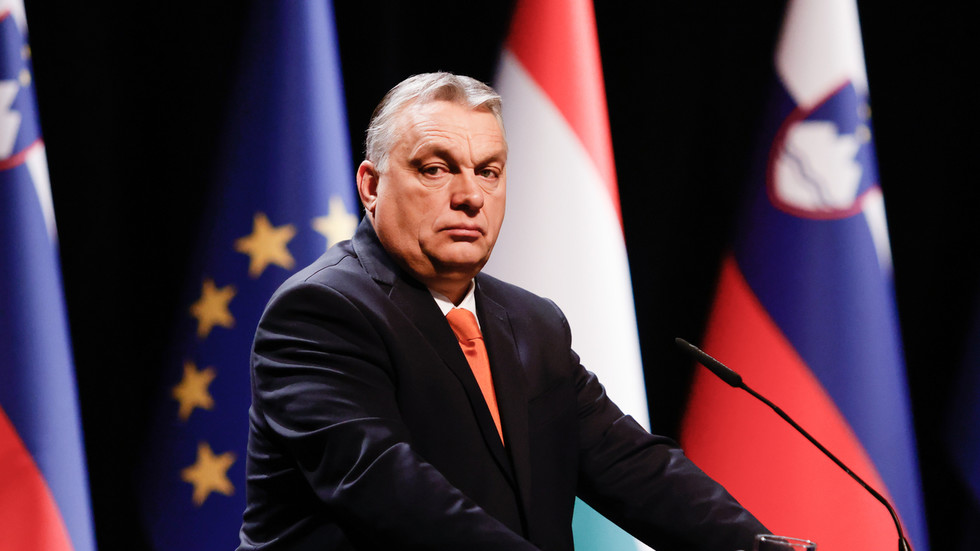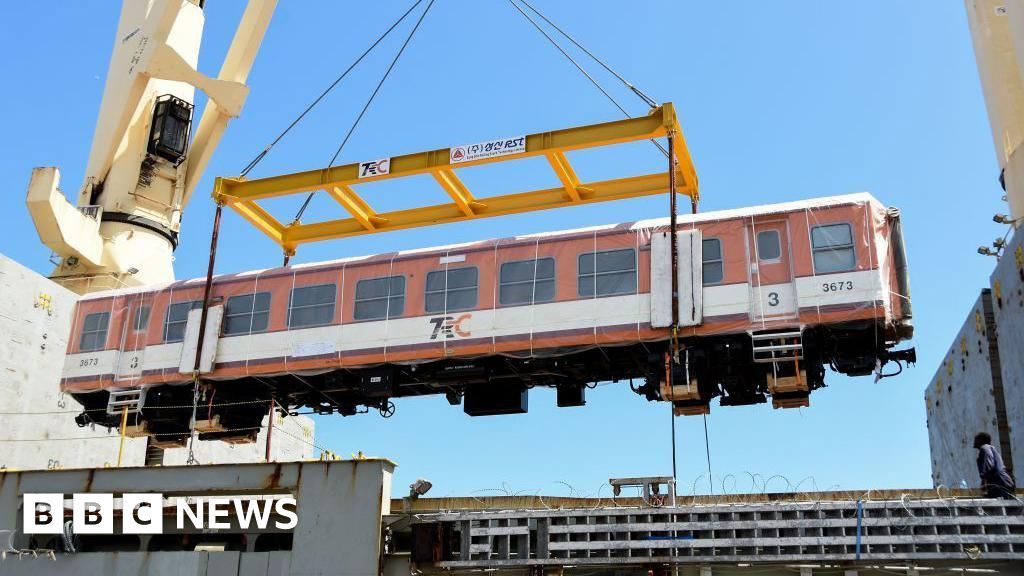The process of vetting candidates for some of the European Union’s top jobs has bogged down in acrimony
ByLORNE COOK Associated Press
November 13, 2024, 11:17 AM
BRUSSELS -- The process of vetting candidates for some of the European Union’s most important jobs bogged down in acrimony on Wednesday as the biggest political faction in the bloc’s parliament was accused of collaborating with the hard right.
Since Nov. 4, senior lawmakers have been questioning the 26 new members of the EU’s increasingly powerful executive branch, the European Commission, to see whether they’re suitable to lead the bloc for the next five years on policies like trade, agriculture or foreign policy.
The hearings wound up on Tuesday when the six most senior members of the commission -– to be led again by President Ursula von der Leyen –- were questioned for three hours. But key votes on their performance were postponed as political tensions mounted.
The leader of the pro-environment Greens, Terry Reintke, accused the big conservative group in parliament of “cheap politics and shady maneuvers.” She said that its tactics “are creating damaging instability in the EU institutions.”
Von der Leyen is a member of that pan-European political group –- the European People’s Party. The EPP remained the biggest faction in parliament following EU-wide elections in June, but other centrist formations like the Greens lost ground as the hard right consolidated its position.
It means that the EPP can operate without its usual mainstream political allies. Fourteen of its members have been nominated to the commission.
The group has already turned to the hard right –- home to parties like Italian Premier Georgia Meloni’s Brothers of Italy, which has neo-fascist roots, and Hungarian Prime Minister Viktor Orbán’s stridently nationalist Fidesz –- to force through the hearing schedule.
The second biggest bloc in the assembly, the center-left Socialists and Democrats, accused the EPP of defying an understanding that mainstream pro-European groups would leave the hard right out in the cold.
The socialists accused the EPP leadership of “irresponsible behavior” by working with the Spanish populist party Vox to accuse its nominee for the EU’s top climate and competition post, Teresa Ribera, of failing to do enough to prevent the catastrophic floods in eastern Spain.
The socialists said they voted in July to give von der Leyen a second term at the helm “on the basis of a pro-European, democratic majority.” But recently, they added, “we have seen that the EPP’s leadership is willing to risk the stability of the European Institutions.”
The Greens say they will refuse to back Meloni ally Raffaele Fitto as a new executive vice president — one of five at the commission — to oversee “cohesion policy,” which helps finance infrastructure projects with a big slice of the EU’s massive budget.
“Through their desperation to form unscrupulous alliances with the far-right, the EPP is undermining the democratic process of evaluating the skills of candidate commissioners,” Reintke said.
Von der Leyen had hoped proceedings would be wrapped up so that her new commission could start work by early December. It was not immediately clear when the endorsement votes might take place, or what allies the EPP might choose to secure them.

 1 week ago
3
1 week ago
3










 English (US) ·
English (US) ·